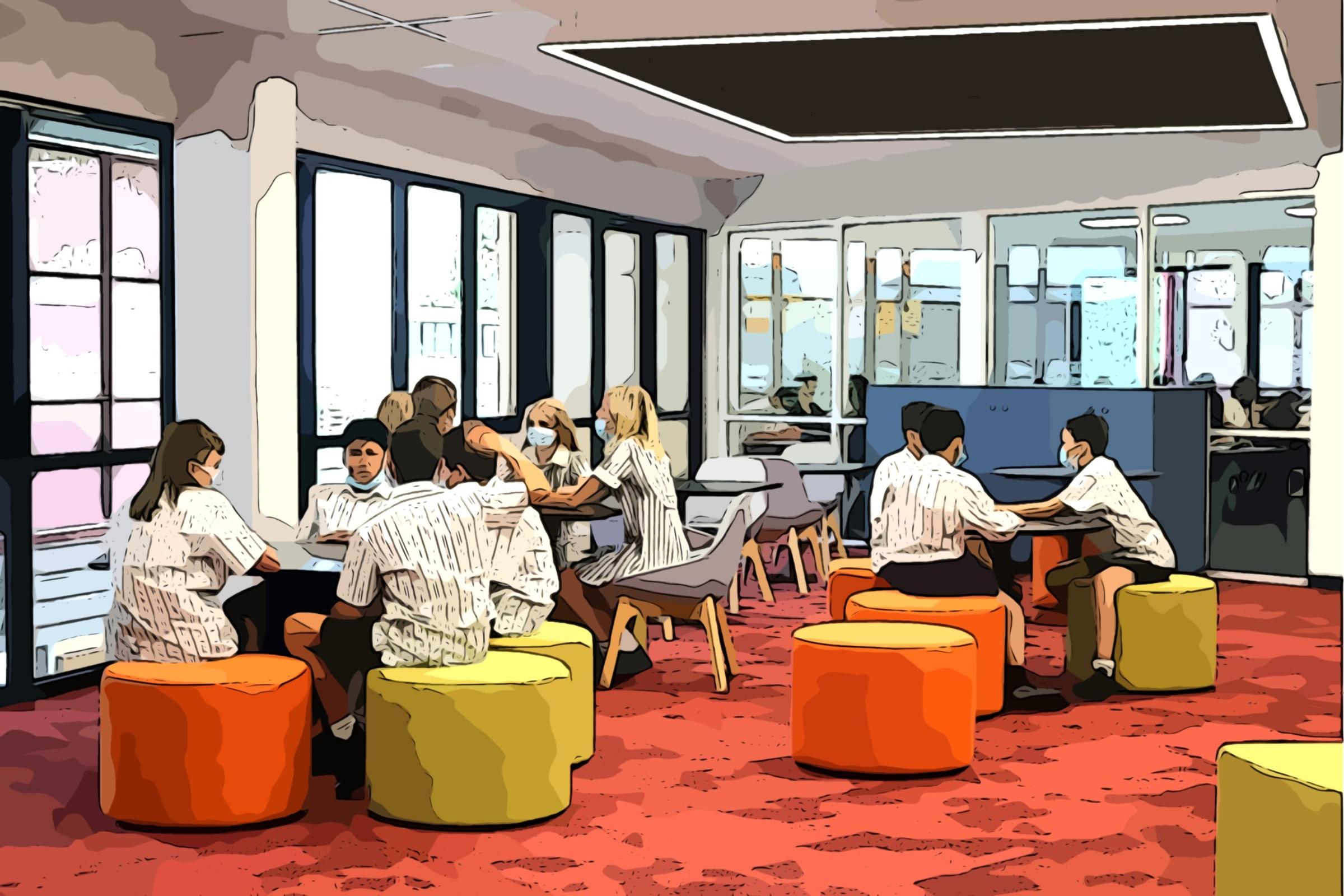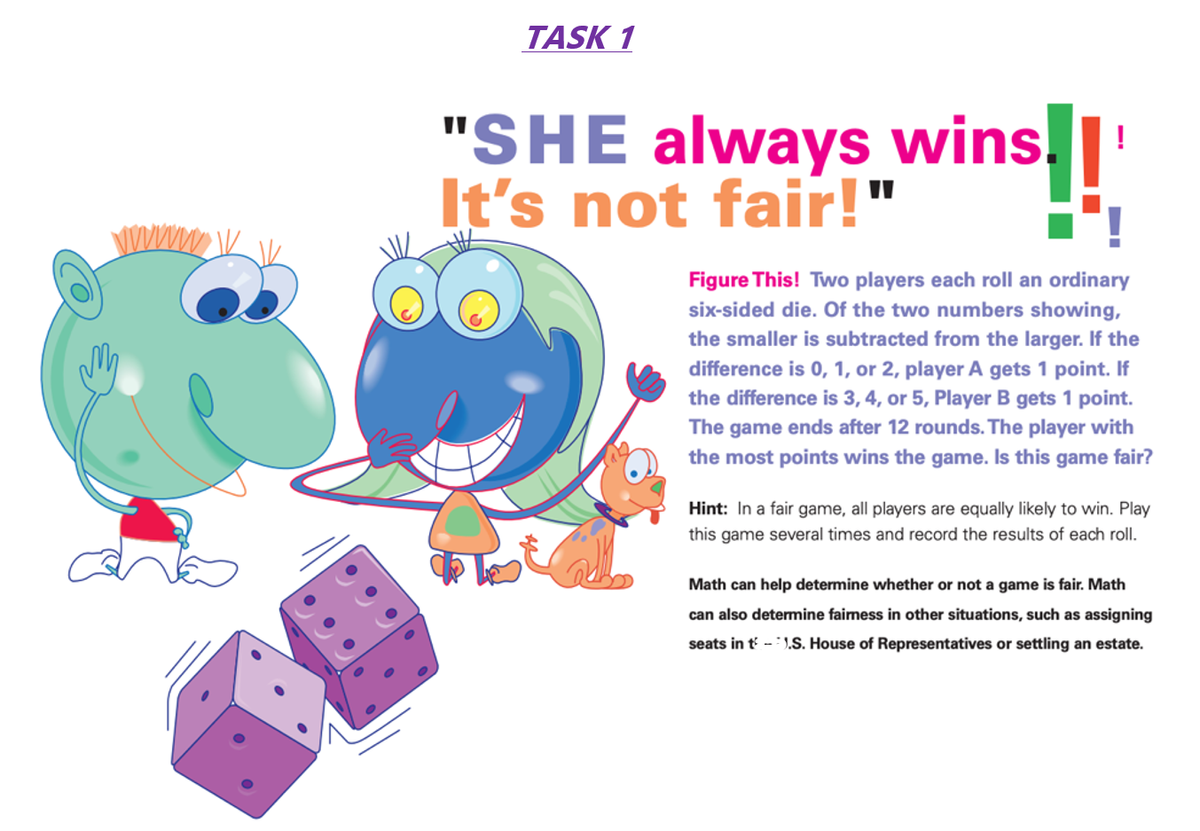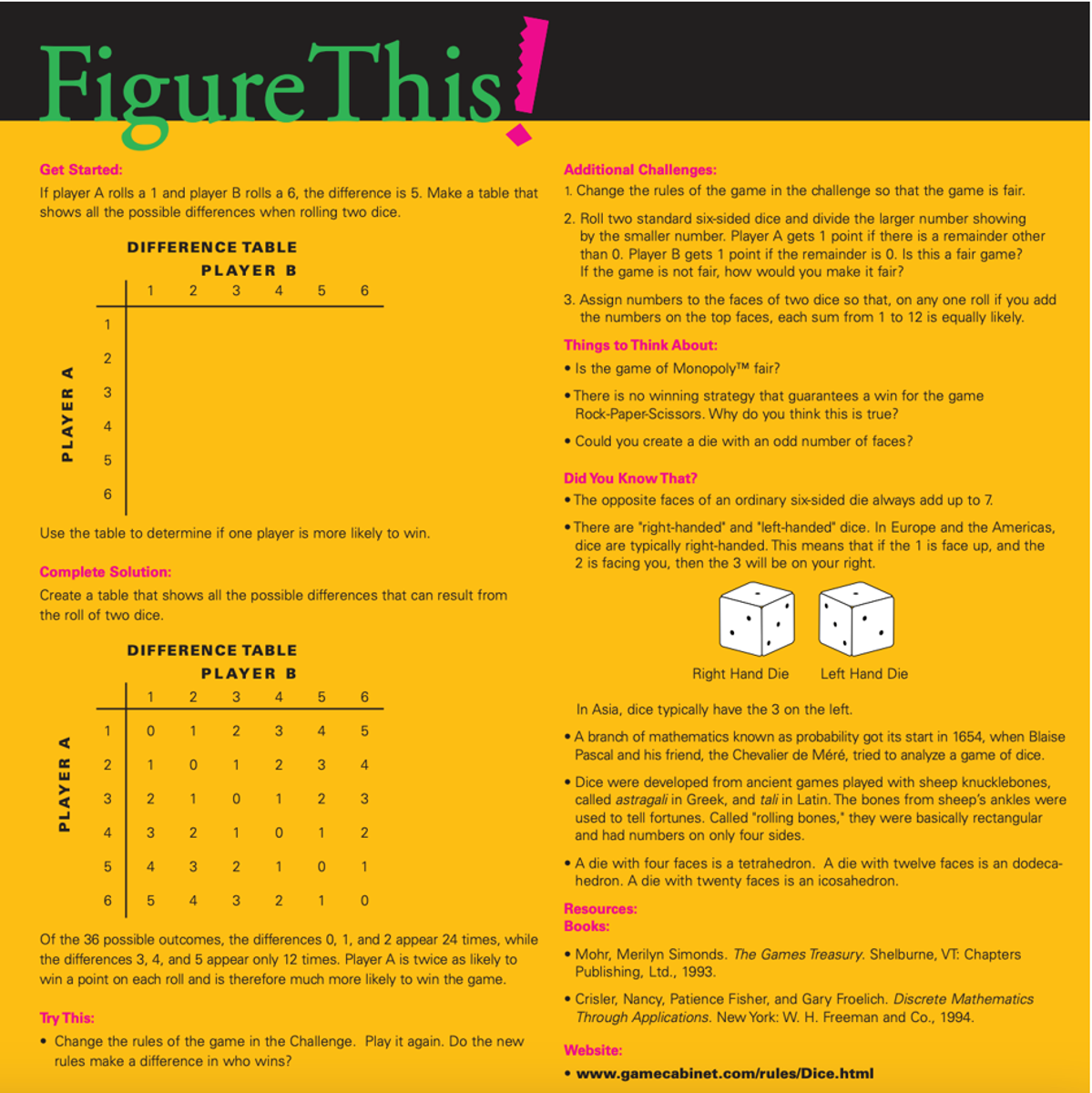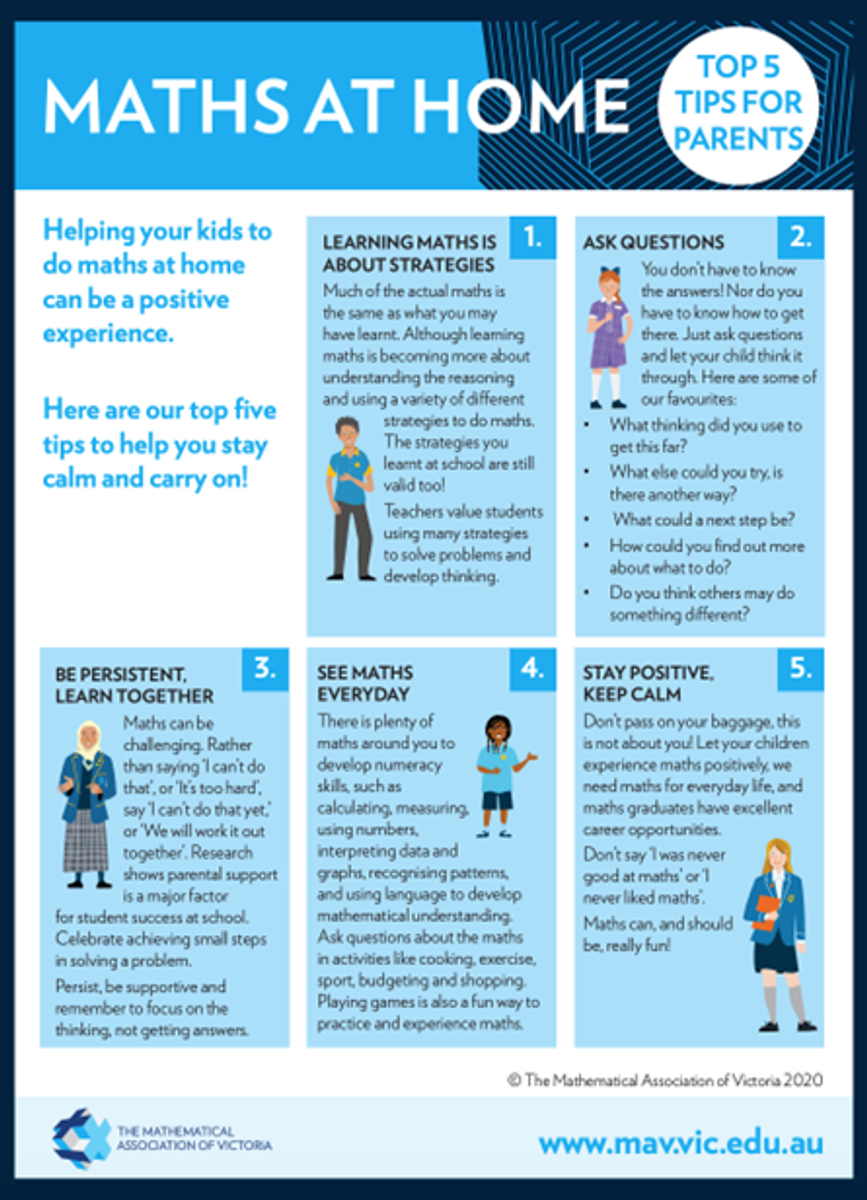Junior School

Upcoming Activities
Friday 16 June
Kids in Philanthropy workshop, 9am - 12:30pm
Friday 23 June
Last day of Term 2, 2.30pm dismissal
Monday 10 July
Term 3 commences
Wednesday 12 July
Semester 1 student reports available on Compass
Monday 17 July
Year 7 Zoo Comes To You incursion
Monday 7 - Friday 11 August
Sydney Tour - Wind symphony, String orchestra & Senior Jazz Music students
Wednesday 6 September
String Soiree
Introducing the Junior School Family Maths Challenges!
The Junior School Family Maths Challenge is designed to increase familial engagement in mathematics by completing real-world challenging problems. We want to encourage a culture of lifelong mathematics learning and to challenge each other to build our tolerance to frustration in a fun and family-oriented way.
Each term, four challenges will be communicated to families, on a fortnightly basis. Families will have two weeks to complete each challenge before the next one is released.
Once the challenge is completed, students need to place their family solutions in the Maths Challenge submission box, which will be placed at the Junior School office.
At the end of each term, a random entry will be drawn and checked for two things
- The clarity of the strategy used to solve the problem
- The accuracy of the solution
The first entry drawn that best matches the points above will be announced as the Junior School Math Family of the term and will be awarded a family movie pass!
I look forward to seeing a flood of responses from our Junior School Families!
Toni Honicke
Junior School Numeracy Learning Specialist
Here is your first Family Maths Challenge (due Friday 23rd June):
Parents… how’s your Maths?
Are you a good mathematician?
How much maths do you use in your daily life?
For many adults, our initial responses to these questions may be “No” and “Not much,” yet when we think about it, maths is something that we all use every day, although we may not realise it.
The problem is that the maths we do every day has become so familiar to us that we may not even see it as maths anymore. So, what has happened? Why is there a disconnect between the maths we do every day and the perception surrounding the maths that is done inside the classroom?
As adults, many of us do not see ourselves as mathematicians, with many going further to suggest that they “hated maths at school”. In some ways, this reaction is not surprising. Too often, the maths that we may remember from school, is no doubt the more challenging maths from our senior secondary years. Complicated formulas and pages of calculations ensured that our final experience of mathematics in school left many of us feeling anxious and confused.
However, the maths we remember from school is not the maths we learnt about in our first years of school. Nor is it the maths being explored by students today. Students in their first years of school learn about numbers, counting, shapes and location. They order objects and collections and create and continue patterns. They investigate problems, make predictions, use trial and error and talk about their discoveries. These focus more on problem-solving and reasoning strategies than on rote memorisation of number and times table facts.
As parents, we need to be thinking less about this drill work and more about exploring the maths in our everyday lives. Rather than purchasing a special book, program or application we just need to look for the maths around us. We can find maths in books, in the kitchen, in the bathroom, outside, in the street and walking around the shop. Activities that involve time, money, location, reading timetables, cooking, planning holidays or day trips, following directions, playing card and board games and completing jigsaws all involve elements of mathematical thinking.
There is a quote, “If we change the way we look at things, the things we look at change” (Dyer, 2013). The challenge for parents is not to share anxieties about the maths we remember (or are trying to forget) from secondary school. The challenge is to realise that the maths we take for granted, the maths skills we use every day, are the very tasks that can help establish an inquisitive approach to mathematics and lead to a love of maths with our children.
Acknowledgements go to MAV for the content discussed within this piece.
Toni Honicke
Learning Specialist (Junior School Numeracy)
Parental Engagement in Maths
A family’s role in their child’s mathematics learning is important. Research consistently supports the positive impact that parental engagement has on a child’s success and engagement with maths.
However, as adults we may carry many preconceived myths about maths learning, which can be strongly connected to our own maths experiences at school. As strong models of young people, parents can unintentionally communicate negative math messages to their children.
Read the following link to bust some common mathematical myths
https://numeracyguidedet.global2.vic.edu.au/numeracy-at-home-busting-some-common-mathematical-myths/
School Holiday STEM Event
The Science and Engineering Day (SED) is a face-to-face one day event where students will have a chance to explore STEM fields through three workshops. Although the Science Challenge is targeted at girls and gender diverse students, the SED is open to students of all genders.
Here are more specific details for our SED.
Date: Thursday 29th June
Time: 9:30 AM - 2:10 PM (Registration starts at 9:30 AM)
Location: University of Melbourne, Parkville Campus
Registration link: https://www.eventbrite.com/myevent?eid=632384026647




